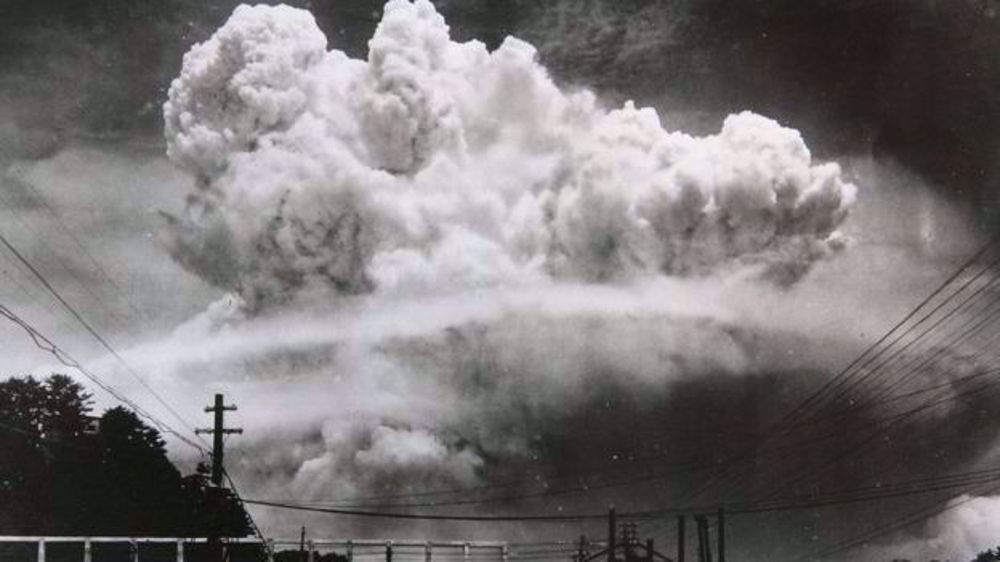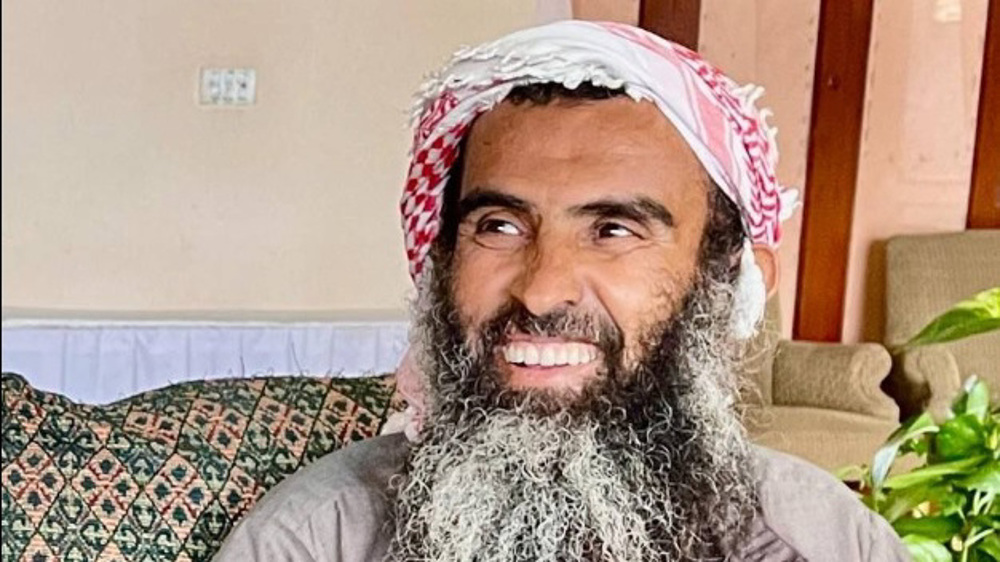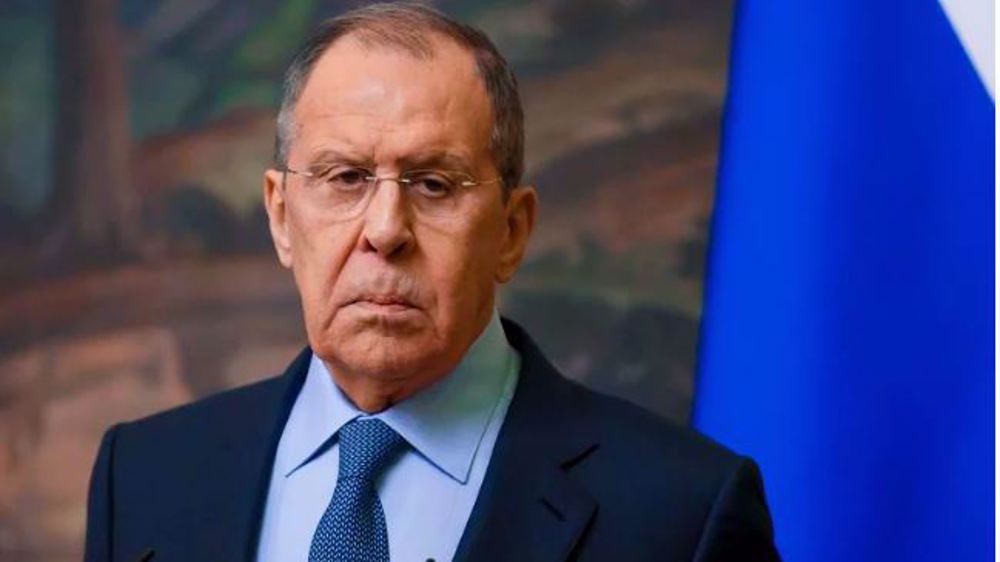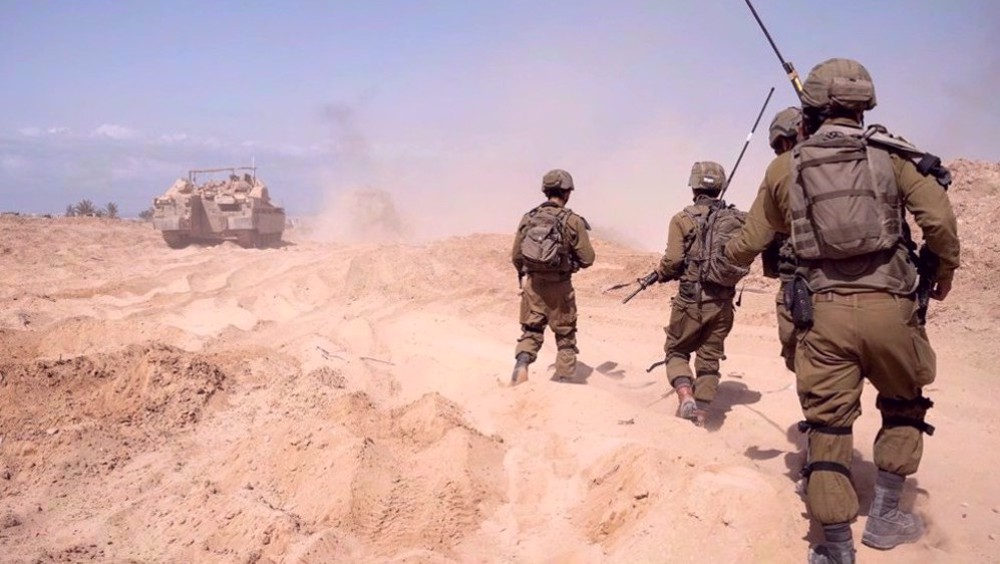US scientists urge government to renounce nuclear tests
A number of top US scientists have warned President Donald Trump against resuming nuclear weapons tests, saying such tests would increase the risk of a nuclear war.
About 70 scientists, including a half-dozen Nobel Prize recipients, wrote a letter, published on the 75th anniversary of the world's first atom bomb test in 1945, questioning the Trump administration's possible plan to end a 28-year moratorium on tests.
Doing so "could increase the danger of another nuclear arms race as well as an inadvertent or intentional nuclear war," they said.
“Following in the long tradition of scientists opposing nuclear weapons due to their harmful effects on both humanity and the planet, we ask the US government to desist from plans to conduct nuclear tests," they added in the letter in the letter published in the journal Science.
This comes after The Washington Post reported in May that the Trump administration had discussed the possibility of conducting a nuclear weapons test to send a warning to two other nuclear powers - Russia and China.
Although there was no agreement about doing such tests, the Post report raised concerns in the community committed to arms and nuclear weapons control.
The scientists in their letter noted that during the post-World War II Cold War with Russia, the United States carried out 1,030 nuclear bomb tests, more than all the tests combined by the world's other nuclear powers.
In 1992, the United States imposed on itself a moratorium on tests and four years later it signed the Comprehensive Test Ban Treaty. However, it has yet to formally ratify the treaty, despite adhering to and promoting its goals.
"Restarting US nuclear weapons tests of any size, underground or above ground, would give license to other countries, such as North Korea, India, and Pakistan, to resume testing," the scientists wrote.
They also issued a stern warning against doing underground tests, saying the tests can spread dangerous radioactivity into water supplies. They added atmospheric tests, on the other hand, which are currently banned by a 1963 treaty, could spread radiation quickly and widely.
The group called on the administration to ratify the Comprehensive Test Ban Treaty and urged the Senate to adopt a proposed law to stop any funding from going to nuclear tests.
Meanwhile, the White House has not confirmed the discussion to restart nuclear weapons tests.
In a statement Thursday to mark the July 16, 1945 first "Trinity" atomic bomb test in New Mexico, Trump described US nuclear weapons power as a crucial deterrent to threats to the country's security,
He also said he was investing to modernize and revitalize the US nuclear shield.
However, he said, "True to our word, we maintain our moratorium," on tests, although Russia has carried out weapons experiments "that produce nuclear yield," and in spite of concerns that China has done the same thing too.
Hezbollah strikes Israeli military base near Tel Aviv
Palestinian media rights group condemns killing of two journalists by Israel
VIDEO | A Tale of Bombs, Blame, and Bedtime Stories
Nov. 1: ‘Axis of Resistance’ operations against Israeli occupation
Brazilian journo fined, ordered to delete posts over criticizing Gaza onslaught
IRGC: Israeli regime incapable of calculating Iran’s decisive response
Russia rejects 'baseless' US claims of producing fake vote videos
Ambassador: Japan studying recognition of State of Palestine











 This makes it easy to access the Press TV website
This makes it easy to access the Press TV website